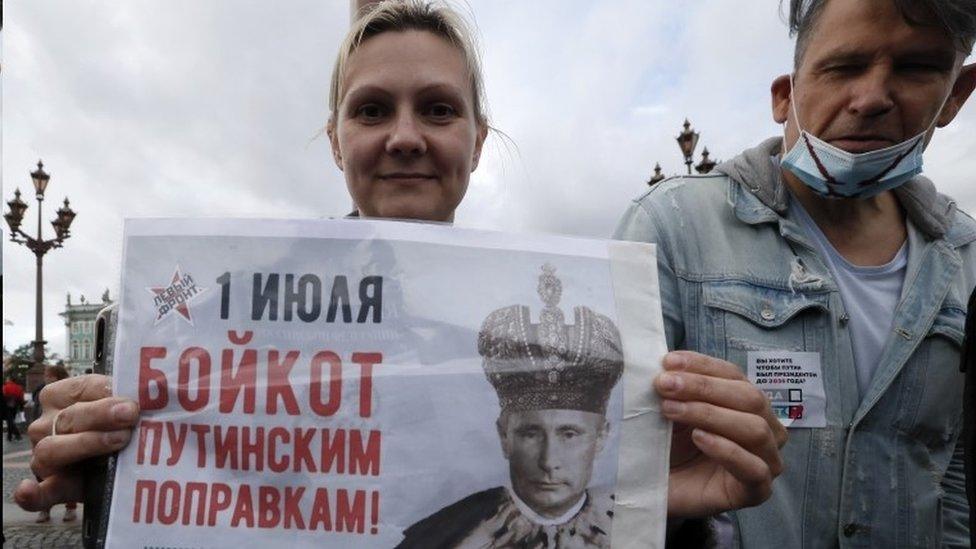Russia's Putin calls Navalny poisoning inquiry 'a trick'
- Published
Does Putin admit any responsibility for "new Cold War"?
Russian President Vladimir Putin has dismissed as "a trick" a joint media investigation that blamed Russian state agents for poisoning his arch-critic, Alexei Navalny.
He accused Mr Navalny of receiving help from the US secret services.
Mr Navalny narrowly survived the August poisoning, spending weeks in intensive care in a Berlin hospital.
Agents in Russia's Federal Security Service (FSB) were named by Bellingcat and other media investigators.
Western specialists established that a type of Russian Novichok nerve agent had been used in the attack - an agent that could only have come from a state facility.
Mr Putin told a news conference that it was "not an investigation" but "a trick aimed at attacking the top people".
He said the details published by Bellingcat and its partners on Monday amounted to "the legalisation of data from the US special services".
"This means that this Berlin clinic patient [Navalny] has the support of US intelligence services." Therefore, he added, "the [Russian] special services certainly should track him".
He belittled Mr Navalny, saying "what use is he to anyone?" He added, with a laugh, that if Russian agents had wanted to poison Mr Navalny "they would probably have finished the job".
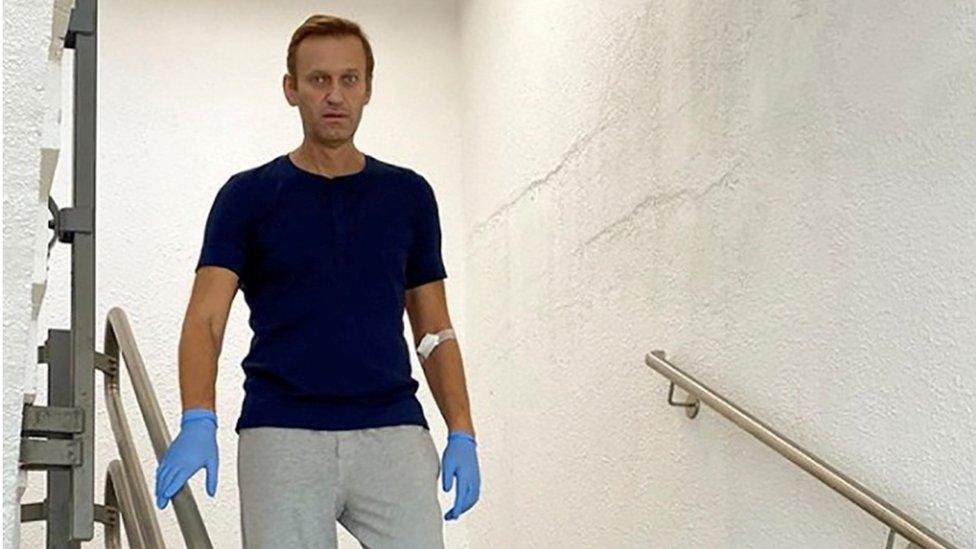
Alexei Navalny was released from hospital in September after more than a month of treatment
Mr Navalny accuses Mr Putin of running a deeply corrupt administration, and his investigations have drawn millions of followers on social media.
"We are ready for an investigation," Mr Putin said, when asked again later about the Navalny case. "No official conclusion has been provided," he argued, adding that Russia had not received any information about the alleged chemical weapon.
In the wide-ranging, televised news conference, Mr Putin - in power since 2000 - also said he had not yet decided whether to run for the presidency again in 2024.
Will Putin rule Russia forever? A look at his 20 years in power (video from 2020)
He spoke to the huge audience via video link from his Novo-Ogarevo residence outside Moscow because of the coronavirus hygiene rules. The marathon news conference lasted more than four hours.
Strained ties with US
When asked about the US presidential election, Mr Putin said Russia's relations with Washington had become "hostage" to US domestic politics.
"We believe the US president-elect [Joe Biden] will sort things out because he has both domestic and foreign policy experience," he said.
The questioner asked him why Russian hackers had not helped Donald Trump this time, as they allegedly had in 2016 - a point dismissed by Mr Putin as "a provocation".
"Russian hackers didn't help the current president [Trump], they didn't interfere, these are all inventions to spoil our relations with the USA."
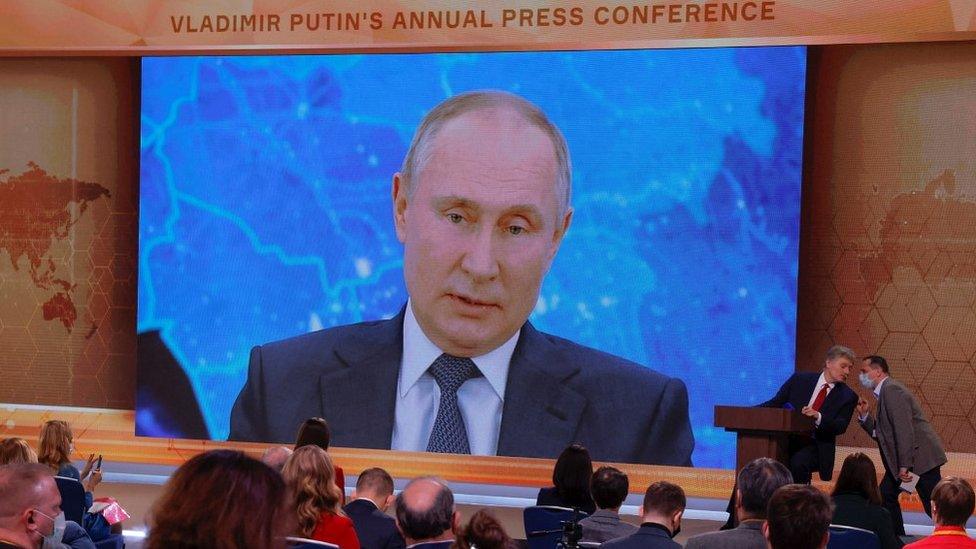
Participants in the news conference sat in studios across Russia
When asked about a "new cold war" Mr Putin blamed the US for the collapse of disarmament treaties, and said he was open to talks with the US about extending the START nuclear missile treaty next year. "If that treaty ends nothing will be left," he said.
Meanwhile, he said, Russia had developed the Avangard hypersonic missile - "a weapon that exists nowhere else". But he added that Russia's military budget was dwarfed by that of the US, and also smaller than those of four other nations.
'Sea of problems'
On Russia's response to coronavirus, Mr Putin was challenged repeatedly about the pandemic's severe impact on the health service and economy.
Mr Putin said the locally produced vaccine was safe and efficient, but it would take time to develop production capacity. He said he would get vaccinated but he was not in the priority group getting it first.
On the economy, he acknowledged that real incomes in Russia were falling, partly because of the pandemic.
He said the pandemic had created "a sea of problems" for Russia. But there had been worse times, he stressed, noting that in 2000 about one in three Russians was below the official poverty level. Now, he said, the figure was 13.5% - about 20m people - and the goal was to lower it to 6.5% by 2030.
Correction 12 February 2021: This article was amended to show the correct number below the poverty level as 20m not 30m
Related topics
- Published17 December 2020
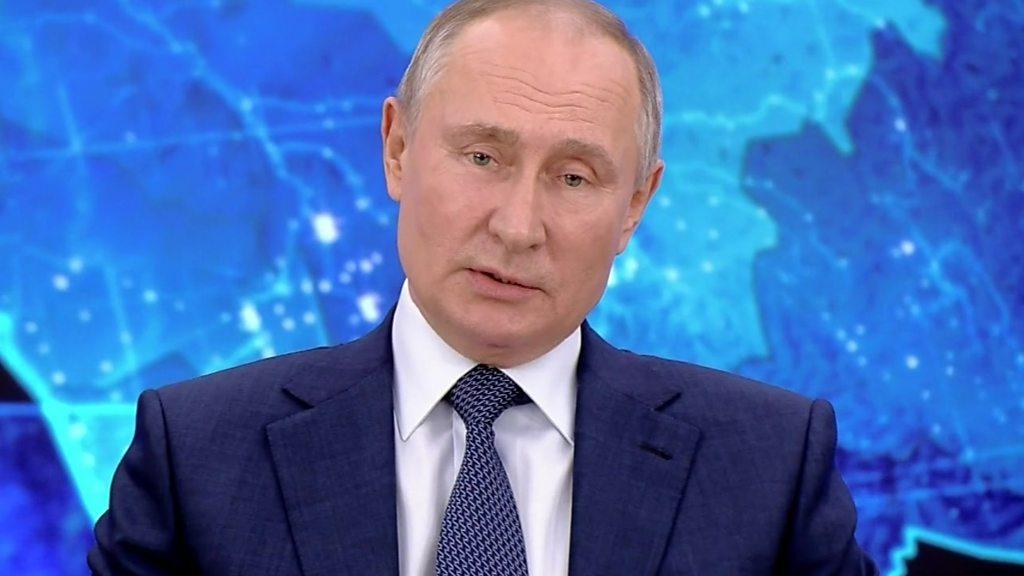
- Published15 December 2020
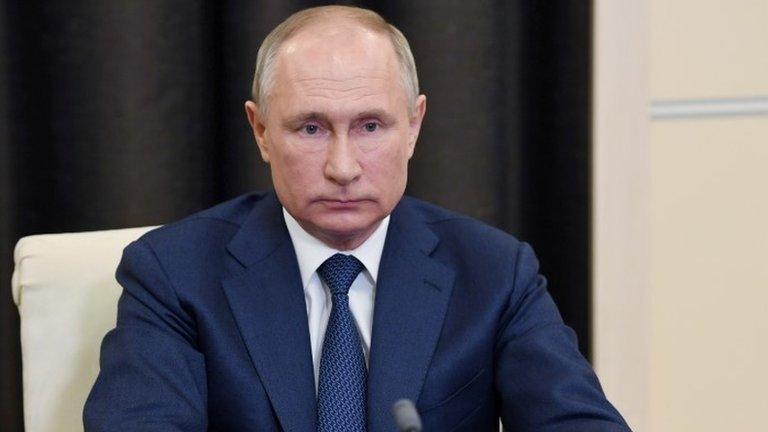
- Published14 December 2020

- Published8 December 2020
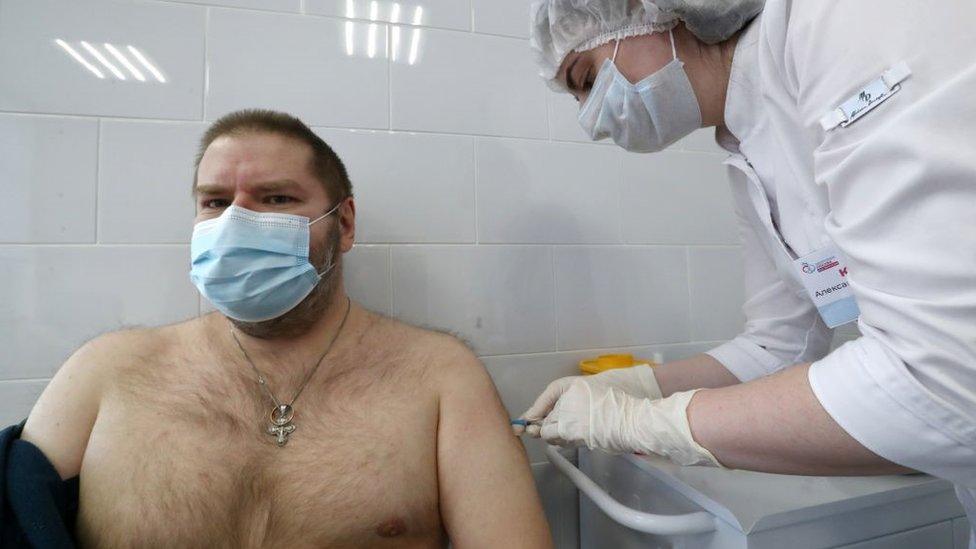
- Published17 November 2020
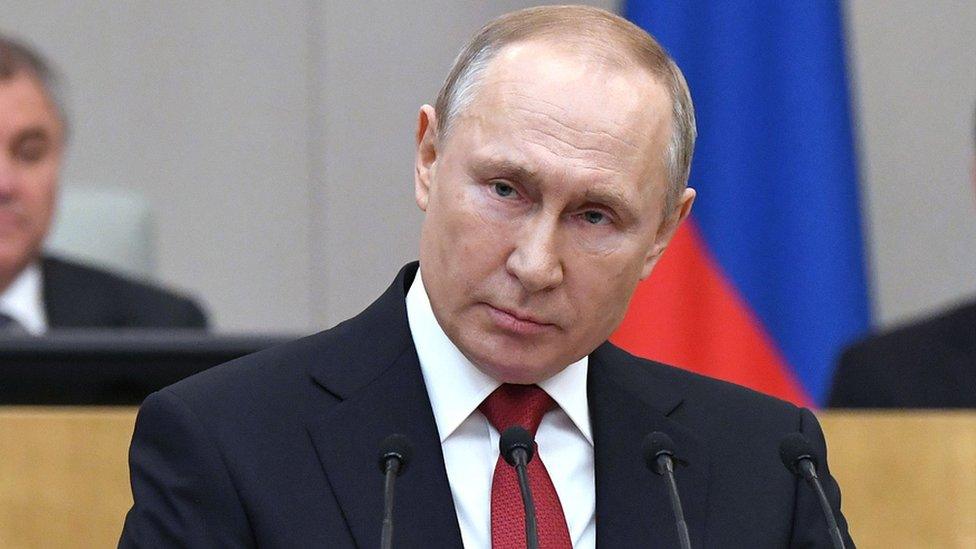
- Published17 March 2024
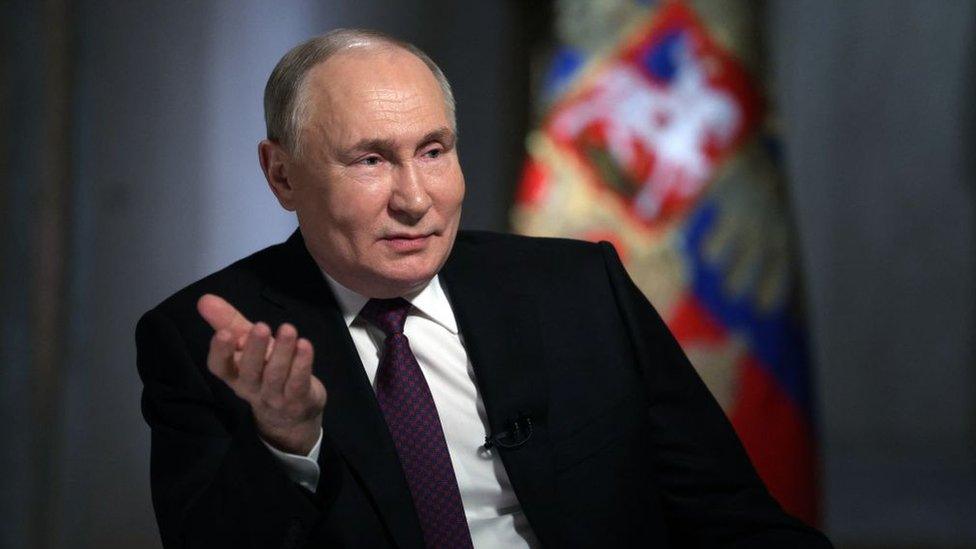
- Published2 July 2020
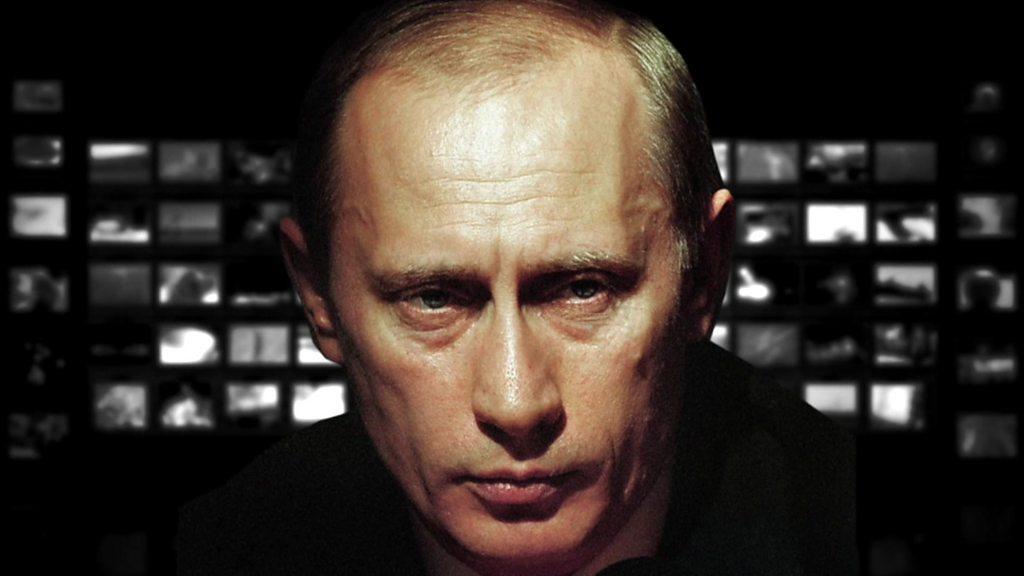
- Published2 July 2020
